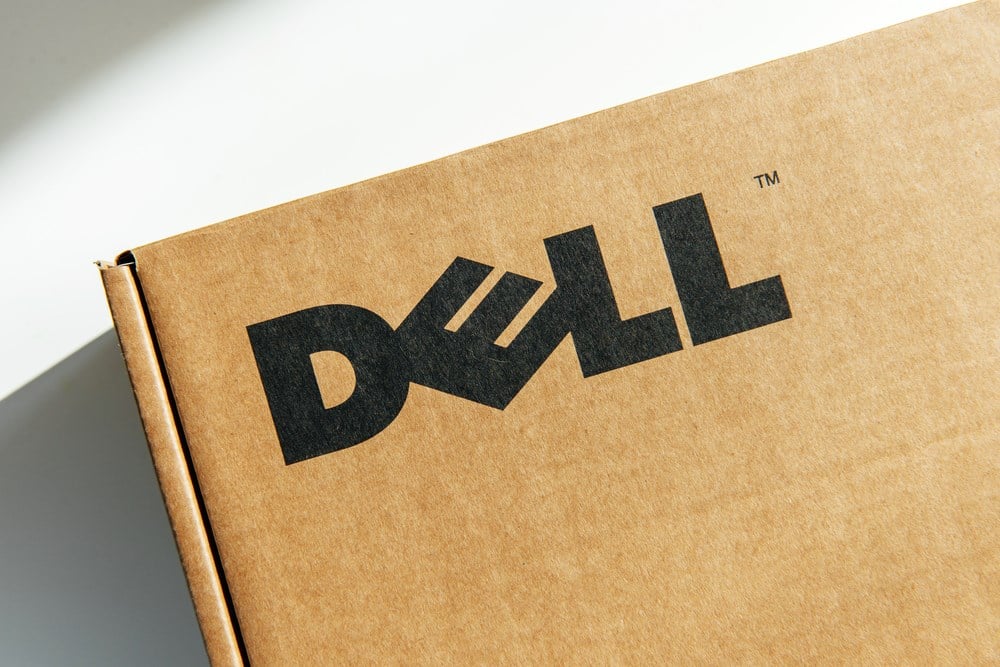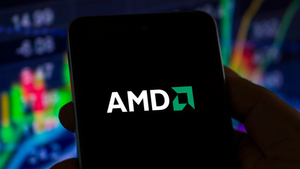
Dell Technologies (NYSE: DELL) have risen nearly 60% since the stock found a sensible bottom during the fourth quarter of 2022. The momentum in the stock's advance during this time could be seen as a 'forward looking' behavior in part of the broader markets, as the bottlenecks and demand issues in the overall personal computer industry began to clear up.
Today, Dell's financial situation has significantly improved since the stock's rise, enabling management to send investors into a new tier of benefits, especially those brave enough to buy during the peak turmoil. By comparing two key metrics relative to a major competitor, Dell investors will begin to note how much potential this stock may carry.
A close competitor, who has received the Warren Buffett quality stamp, can be the perfect pillar to compare Dell against. HP (NYSE: HPQ) stock has underperformed Dell by 17.6% during the past twelve months. Despite a significant performance gap, the broader markets still suggest another performance gap may be in the cards for Dell.
Enabling another rally may need support from one catalyst; considering that the industry is improving in pricing and supply dynamics, these opinions may become a reality sooner.
Management Hints
Dell management released the news of the dividend payout to be effected during the year. With an annual increment of 12% to $1.48 per common share, investors beat the inflation seen in the United States economy during the year and are set to receive a competitive dividend yield considering today's stock price.
Sporting a near 3% annualized dividend yield, investors have the opportunity to beat the long-term FED inflation targets of 2.0% to 2.5%. A source of dividend income is only the beginning of a stream of good news, as paying these obligations to shareholders requires a level of financial stability that may deliver additional benefits.
Dell analyst ratings point to a consensus net downside scenario, with a $49.81 price target equaling a 2.75% downside from today's prices. However, some analysts suggest a top-side price target of $60.0 per share, allowing for a further 17.8% rally in the stock during the next twelve months.
According to the latest quarterly earnings results, Dell's management repurchased 30 million shares, adding up to $240 million in total calls allocated to this program. By sustaining an attractive dividend payout and buying back shares at this pace, investors can begin to piece the puzzle together and translate what insiders are trying to say about the stock's valuation.
By looking at the FED's tables for each industry's capacity utilization readings, investors can understand the balance between supply and demand. For the computer and electronics industry, a capacity utilization reading of 67.3% represents the lowest reading in more than a year.
The easing of this reading is a net win for Dell, as the company's products have fallen on the right side of the equation. A falling utilization ratio stems from increasing supply and/or decreasing demand in the respective industry, considering that Dell's inventory levels fell during 2022 by as much as 16%; the result will be an increase in pricing power once demand returns to its normalized cyclical levels.
Mapping Routes
Dell's capacity utilization, a reading above 85% computed as total assets divided by net revenue, rose well above the industry standard. Investors can imply that this outlier reading originated from the increasing demand for Dell products rather than the overall competition in the industry.
Broader markets may be aware of these underlying trends and the subsequent tailwinds, as they have voted in favor of Dell via its current valuation multiples. They are considering that Dell stock is trading for a 19.3x price-to-earnings multiple relative to HP's lower 11.2x valuation; the final bridge can be built for investors to understand better the 'direction' the stock may take next.
HP would be a more sensible investment, given that it is the cheaper alternative based on these valuation multiples. However, the reality of these multiples can be implied as a broader market 'willingness' to overpay for each dollar of current - and future - earnings in the underlying, which in this case, markets seem to prefer to overpay for Dell's earnings.
With the subsequent quarterly earnings for the company coming up in August of 2023, management comments and other financial results could be the final brick in the price-to-value bridge.






